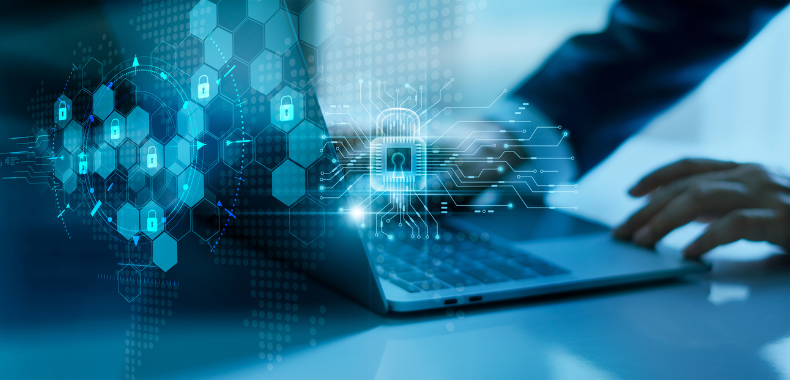At the beginning of May, and in the midst of various news published about artificial intelligence, mainly with the emergence of ChatGPT – chatbox based on artificial intelligence -, a bill was presented that provides the use of Artificial Intelligence in Brazil – PL 2338/2023, by the Senate President, Rodrigo Pacheco, who heard the opinion of more than 60 specialists in the field.
In accordance with its article 1, the bill aims to establish general national rules for the development, implementation, and responsible use of artificial intelligence (AI) systems in Brazil, with the objective of protecting fundamental rights and guaranteeing the implementation of safe and reliable systems, for the benefit of the human person, the democratic regime and scientific and technological development.

The Brazilian bill, in turn, contains nine chapters, to provide: rights; risk categorization; governance of artificial intelligence systems; civil liability; codes of good practice and governance; communication of serious incidents; supervision and inspection. Regarding supervision and inspection, if violations of the established rules are committed, administrative sanctions may be applied by the competent authority, including a fine of up to 50 million reais.
It is important to highlight the concern of several countries regarding the processing of personal data through artificial intelligence. Proof of this was Italy’s temporary ban on ChatGPT, which was only reinstated after OpenAI, responsible for the technology, clarified the issues raised by the country’s data protection authority. It should also be noted that the European Union is also moving forward in this direction, in view of a bill in progress, which deals with artificial intelligence. It is, therefore, a matter of extreme importance to be regulated. In Brazil, the project will be analyzed by Senate’s thematic committees.
—
Author: Caroline Muniz and Cesar Peduti Filho, Peduti Advogados.
Source: Pacheco apresenta projeto de regulação da Inteligência Artificial sugerido por comissão de especialistas (https://www12.senado.leg.br/radio/1/noticia/2023/05/08/pacheco-apresenta-projeto-de-regulacao-da-inteligencia-artificial-sugerido-por-comissao-de-especialistas); União Europeia avança em lei que rege uso de inteligência artificial (https://veja.abril.com.br/mundo/uniao-europeia-avanca-em-lei-que-rege-uso-de-inteligencia-artificial).
—
“If you want to learn more about this topic, contact the author or the managing partner, Dr. Cesar Peduti Filho.”
“Se quiser saber mais sobre este tema, contate o autor ou o Dr. Cesar Peduti Filho.”



